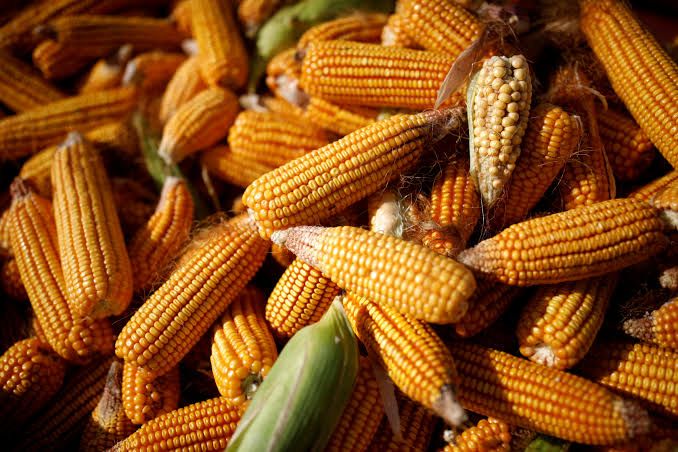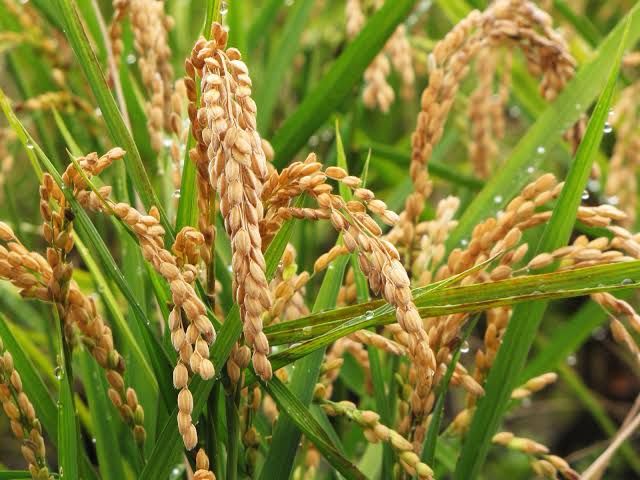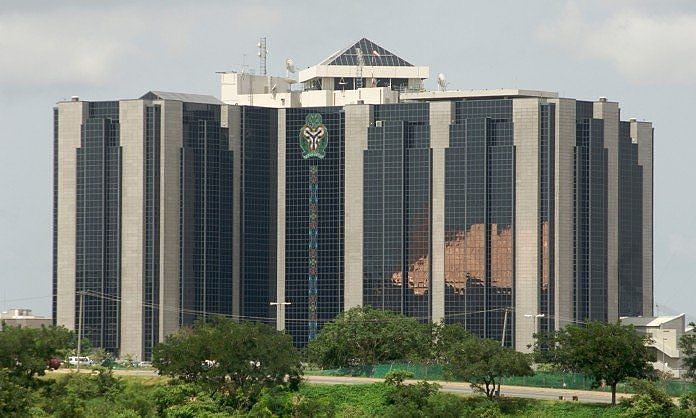Nwali Chidozie
The arrival and increasing presence of genetically modified organism (GMO) seeds in African farms and markets have ignited a controversial debate, with a significant segment of the population, experts and organizations expressing deep apprehension.
While proponents highlight the potential for enhanced yields and pest resistance, a critical examination reveals a range of socio-economic, environmental, and sovereignty concerns that warrant serious attention.
The narrative often presented as a solution for food insecurity overlooks complex realities on the ground, making the push for widespread GMO adoption a cause for genuine concern.
Erosion of Seed Sovereignty and Farmer Autonomy
One of the most profound worries centers on the impact of GMO seeds on seed sovereignty and the autonomy of African smallholder farmers. Historically, farmers in Africa have relied on saving, exchanging, and improving their own seeds – a practice central to their livelihoods and cultural heritage.


However, GMO seeds, largely patented by a handful of multinational corporations, introduce a system of intellectual property rights that prohibits seed saving – a move very different from known agricultural practices in Africa.
As Dr. Qrisstuberg Amua, Executive Director of the Centre for Food Safety and Agricultural Research (CEFSAR) in Nigeria, warns, “with most GMO seeds patented by multinational corporations, Nigerian farmers would have to rely on these companies for seeds each season, potentially escalating costs, reducing farmers’ autonomy.” Meaning GMO crops cant produce seeds for next season cultivation.
This sentiment is echoed by Nnimmo Bassey, Executive Director of the Health of Mother Earth Foundation (HOMEF), a prominent Nigerian environmental justice organization, who asserts that the “design of those crops does not support local economic growth but promotes dependency on corporate seed supply.”
The prospect of millions of smallholder farmers becoming reliant on external, privately owned seed supplies raises serious questions about their economic independence and the long-term resilience of local food systems.
Environmental Risks: Beyond the Promised Solutions

While proponents often highlight reduced pesticide use for natural crops, a broader environmental perspective reveals several concerning aspects. The reliance on herbicide-tolerant GMO crops, for example, has led to the widespread use of specific herbicides like glyphosate, which has contributed to the emergence of “superweeds” resistant to these chemicals. This, in turn, can necessitate the use of even harsher or more diverse herbicides, counteracting the initial promise of reduced chemical inputs. Beyond herbicide resistance, there are concerns about the impact on biodiversity. The widespread cultivation of a few, genetically uniform GMO varieties can displace diverse local crops, leading to a loss of genetic diversity that is crucial for adapting to future climate challenges and pest outbreaks.

Dr. Ifeanyi Casmir, a Molecular Biologist, has asserted that GMOs like Bt Cotton, Bt Beans, and TELA Maize “represent a gradual yet sure erosion of the original germplasm of Nigerian crops.” This loss of traditional varieties represents an irreplaceable genetic heritage and a significant risk to the long-term adaptability of African agriculture.
Food Safety and Public Trust: Unanswered Questions
While regulatory bodies often declare approved GMOs safe, a segment of experts and civil society organizations in Africa maintain that long-term studies and independent assessments are still insufficient.
The debate often becomes polarized, but genuine concerns about potential unforeseen health impacts persist. Dr. Qrisstuberg Amua has expressed concerns linking “GMO foods to health problems such as ‘cancer, fertility sterilizations, metabolic derangements, cardiovascular health disruptions, children obesity, autism and attention deficit hyperactivity disorders’.”

While these specific claims are often contested by mainstream scientific bodies, their existence underscores a lingering lack of public trust and a demand for more independent and transparent research.
The United Nations Food and Agriculture Organization (FAO) itself has acknowledged that “the transfer of allergenic genes in different crops can cause dangerous reactions in people with allergies.”
Socio-Economic Disparities and Market Control
The introduction of GMO seeds can exacerbate existing socio-economic disparities. Smallholder farmers, who often lack access to credit and extension services, may struggle to afford the more expensive GMO seeds and the associated inputs (like specific herbicides).
This can lead to a widening gap between well-resourced commercial farms and subsistence farmers.

National Union of Metalworkers of South Africa ( NUMSA) argues, “The single most worrying factor in the world of genetic engineering is that the science is controlled by multinational companies who we know care very little about bio-safety and the environment but are more concerned with their profits.” This corporate dominance in the seed market can undermine local seed systems and traditional farming practices that have sustained communities for generations.
Finally, while the promise of increased yields and pest resistance from GMO seeds is enticing for African nations grappling with food insecurity, the concerns raised by numerous African organizations and experts are substantial and cannot be easily dismissed.
The potential erosion of seed sovereignty, the long-term environmental consequences, the ongoing questions about food safety, and the risk of exacerbating socio-economic inequalities all point to a need for extreme caution.
As Hardi Tijani, head of the Ghanaian non-governmental organization RAINS, succinctly puts it, “Culture without food is not culture. So, when you lose your food, you lose your identity.”
The path forward for African agriculture, therefore, must prioritize context-specific, agroecological solutions that empower local farmers, protect biodiversity, and ensure genuine food sovereignty, rather than relying on a technological fix that carries significant and verifiable risks.












